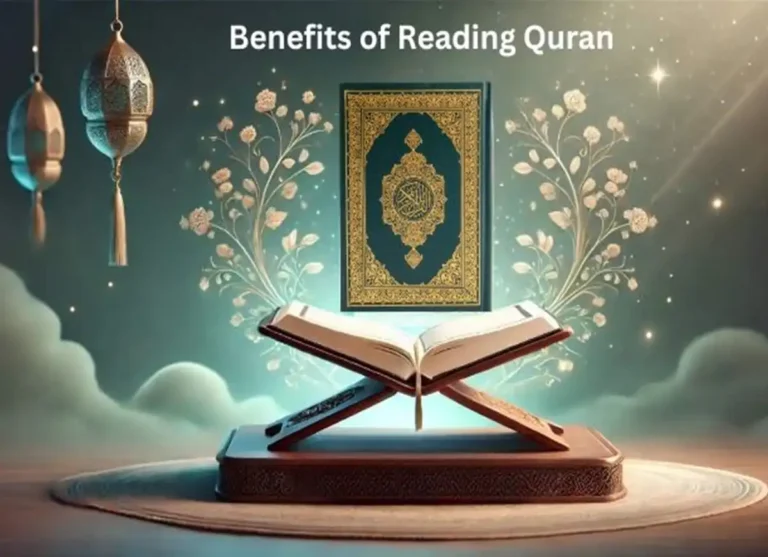Appeal For Help – How often do you want to make accept dua, yet struggle to covey your words to Allah Almighty? Although, we’ve put together a line by line or word by word guide on how you can make your duas more effective.
We’ve highlighted both all the manners and actions of dua which will help bring more substance and purpose when you’re asking or generally speaking to Allah Almighty (swt).
‘Uthmān bin Hunayf said:
I swear by Allāh that we had neither left the company nor had we carried on a long conversation that the man entered (with his sight fully restored) and it seemed as if he had never been blind (Hākim graded it sahīh (sound) in al-Mustadrak (1:526-7) according to the conditions of Imām Bukhārī and its authenticity has been acknowledged by Dhahabī as well.) In addition, a number of other traditionist s of great repute have recorded this sound tradition and their names are given below:
- Nasā’ī, ‘Amal-ul-yawm wal-laylah (p.418#660).
- Bukhārī, at-Tārīkh-ul-kabīr [6:209-10(3/2/209-10)].
- Ahmad bin Hambal, Musnad (4:138).
- Bayhaqī, Dalā’il-un-nubuwwah (6:166-7).
- Ibn-us-Sunnī, ‘Amal-ul-yawm wal-laylah (p.202#622).
- Mundhirī, at-Targhīb wat-tarhīb (1:473-4).
- Subkī, Shifā’-us-siqāmfī ziyārat khayr-il-anām (pp.123-4).
- Ibn Kathīr, al-Bidāyah wan-nihāyah (4:559).
- Suyūt ī, al-Khasā’is-ul-kubrā (2:201).
- Qastallānī, al-Mawāhib-ul-laduniyyah (4:594).
- Zurqānī, Commentary (12:221-2).
Mahmūd Sa‘īd Mamdūh has also expressed his views in his book Raf‘-ul-minārah (p.123): “All these chains are sound which have been certified by persons who have committed the traditions to memory. Among these are also included Imām Tirmidhī, Tabarānī, Ibn Khuzaymah, Hākim and Dhahabī.”
Also Read: What Will We Appeal To The Prophet The Day of Judgement?
![Write about appeal for help according hadith books?Appeal to pity ,hadith collection, importance of helping and quranmualim Learn Quran, Quran translation, Quran mp3,quran explorer, Quran download, Quran translation in Urdu English to Arabic, almualim, quranmualim, islam pictures, Islam symbol, Shia Islam, Sunni Islam, Islam facts],Islam beliefs and practices Islam religion history, Islam guide, prophet Muhammad quotes, prophet Muhammad biography, Prophet Muhammad family tree.](https://www.quranmualim.com/wp-content/uploads/2019/05/Write-about-appeal-for-help-according-hadith-booksb.jpg)
This sacred tradition clearly indicates that the creature is imploring Allah Who alone can help him and provide relief to him. He alone has the power to transform nonexistence into existence, non-entity into entity.
But the point to be noted here is that the words of the supplication are being taught by the Holy Prophet himself in which God’s attention and help are being invoked for its acceptance through his own mediation.
It may be further noted that it is not only his person that is being relied upon for the acknowledgement of the supplication, but also the quality of his mercy that he has been vested with through Allah’s kindness. Thus the prayer boils down to the fact that the petitioner is saying:
‘O Allāh, I appeal to You through the mediation of the Prophet whom You have Yourself vested with infinite mercy that You should restore my lost eyesight and ret urn light to my eyes which they have lost.’
Since the supplication was processed through the Prophet’s mediation, the Lord’s mercy gushed forth instantly as it is against the divine will that some petitioner should invoke His mercy through the mediation of the Holy Prophet and his petition should not be granted. In this case the grant of the supplication was neither delayed nor was the phenomenon of cause-and effect allowed to interfere in its acceptance. It was the blessing of the Prophet’s mediation, which returned the eyesight instantly as if it had never been lost.
Categories: PRAYER (Salat), ALMS (Zakat), SAWN (Fasting) HAJJ (Pilgrimage) & DUA (Supplications), Hadith and Tafseer, The Holy Quran, Quran Jaz 1- 114
Companions’ appeal for rain:
The books on tradition are riddled with the proofs of beseeching the holy Prophet Appeal for Help and its confirmation by the practice of the Companions. An unbroken chain of authentic traditions proves that whenever the Companions faced a problem or a calamity, they came rushing to the holy Prophet to beseech his help.
They supplicated before Allah through his mediation and beseeched his help for the fulfilment of their needs. As a result, Allah waived the calamity dangling over their heads. Anas bin Mālik has related:
- The holy Prophet was delivering his sermon on a Friday that a man went up to him and said: ‘O Messenger of Allah! There is extreme scarcity of rain. So pray to Allah that He should bless us with rain.’ The Prophet prayed for it and before we reached our homes, the rain had started which continued down to the next Friday. (Anas) says that (the next Friday) the same person or someone else stood up and said: ‘O Messenger of Allah! Pray to Allah that
He should push this (rain) away from us.’ The Prophet prayed: ‘O Allah, it should be around us and not over us.’ So I saw that the clouds had rolled away to our right and left and started pouring down rain and the rain ceased over the residents of Medina.
![Write about appeal for help according hadith books?Appeal to pity ,hadith collection, importance of helping and quranmualim Learn Quran, Quran translation, Quran mp3,quran explorer, Quran download, Quran translation in Urdu English to Arabic, almualim, quranmualim, islam pictures, Islam symbol, Shia Islam, Sunni Islam, Islam facts],Islam beliefs and practices Islam religion history, Islam guide, prophet Muhammad quotes, prophet Muhammad biography, Prophet Muhammad family tree.](https://www.quranmualim.com/wp-content/uploads/2019/05/Write-about-appeal-for-help-according-hadith-booksc.jpg)
Recommended for You
Do not forget to click to Appeal for Help (Beliefs) and Istighathah, Faith Blogs and make sure to link back to the essay, also, do not forget to Subscribe our Channel Quran Mualim for more Soulful Quran recitation. If you have any questions, do not hesitate to comment under this post and I will happily answer you!
- How Many kinds of istighathah?
- Allah is Only Owner of The Universe?
- Write A Note of Tawassul or Istighathah ?
- What is The Prayers And Worship of Allah?
- How many kinds of istighathah and Quran detail?
- What Do Companions Appeal For Help To Prophet?
- What is Life Immortal and After Death We Are Alive?
- How Many kinds of Prayers and Brief Note on Prayers?
- What Should We Appeal To The Prophet For Forgiveness?
- What Will We Appeal To The Prophet The Day of Judgement?

![Write about appeal for help according hadith books?Appeal to pity ,hadith collection, importance of helping and quranmualim Learn Quran, Quran translation, Quran mp3,quran explorer, Quran download, Quran translation in Urdu English to Arabic, almualim, quranmualim, islam pictures, Islam symbol, Shia Islam, Sunni Islam, Islam facts],Islam beliefs and practices Islam religion history, Islam guide, prophet Muhammad quotes, prophet Muhammad biography, Prophet Muhammad family tree.](https://www.quranmualim.com/wp-content/uploads/2019/05/Write-about-appeal-for-help-according-hadith-booksa.png)





